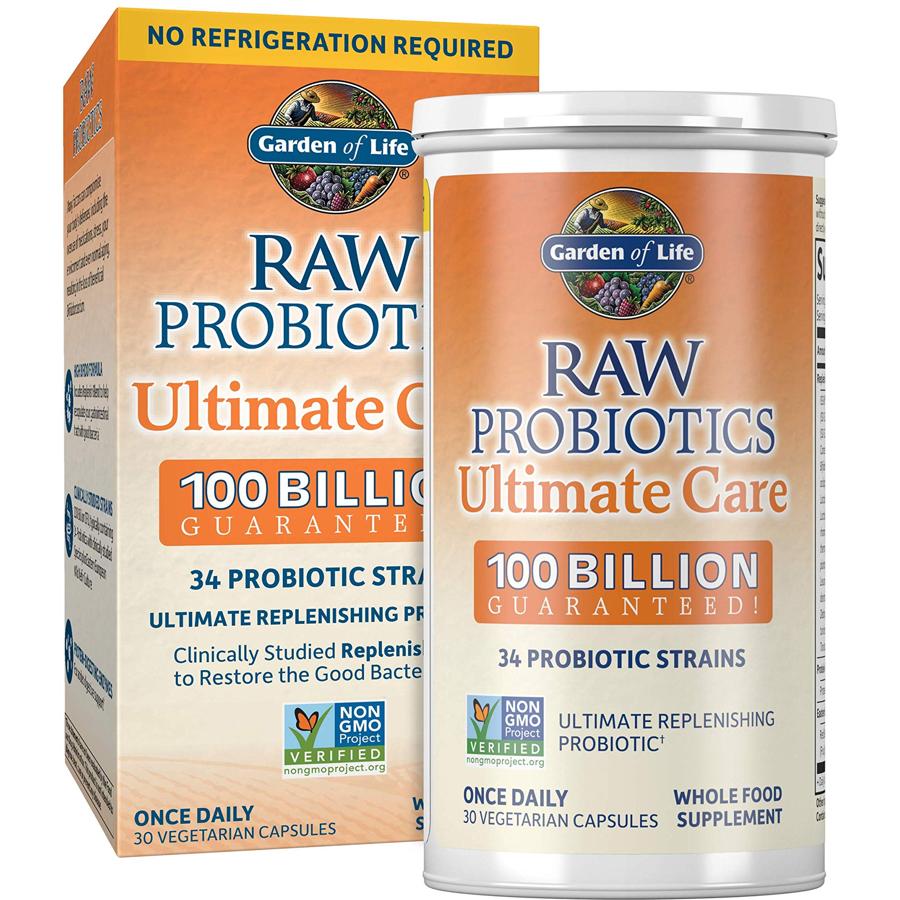Understanding Probiotics: From Gut Health to General Well-being
Probiotics have gained significant popularity in the health and wellness industry, with many people turning to these beneficial bacteria for their potential health benefits. In this article, we will explore the world of probiotics, from their role in maintaining gut health to their impact on general well-being.
What are Probiotics?
Probiotics are live microorganisms that, when consumed in adequate amounts, provide health benefits to the host. These beneficial bacteria are naturally found in the gut and play a crucial role in maintaining a healthy digestive system. They can be found in various forms, including supplements and fermented foods.
To better understand probiotics, let’s break down the key aspects:
- Definition: Probiotics are live microorganisms that confer health benefits when consumed in sufficient quantities.
- Types: There are different strains and species of probiotics, including Lactobacillus and Bifidobacterium, commonly found in supplements and food sources.
- Choosing the Right Probiotic: It’s important to select a probiotic that suits your specific health concerns. Consulting with a healthcare professional can help determine the most suitable option for you.
Product Spotlight
Aggregate Rating
Our Rating
Raw Probiotics Ultimate Care 100 Billion by Garden of Life is a powerful probiotic supplement that supports digestive health. With 100 billion live cultures, it promotes a balanced gut flora, boosts immunity, and aids nutrient absorption. Perfect for optimal well-being.
How Do Probiotics Work?
Probiotics exert their effects by interacting with the gut microbiota, which refers to the community of microorganisms residing in the digestive tract. These beneficial bacteria help maintain a balanced gut environment and support various aspects of digestion and overall health.
Here’s how probiotics work:
- Mechanism of Action: Probiotics work by competing with harmful bacteria for resources and adhesion sites in the gut, thereby preventing the colonization of harmful pathogens. They also produce substances that inhibit the growth of harmful bacteria.
- Gut Microbiota Interaction: Probiotics interact with the existing gut microbiota, influencing the composition and diversity of the microbial community. This interaction plays a crucial role in digestion, nutrient absorption, and immune function.
Health Benefits of Probiotics
Probiotics offer a wide range of health benefits that can positively impact your well-being. Here are some key benefits:
- Improved Digestion: Probiotics help support a healthy digestive system by promoting the breakdown and absorption of nutrients. They can also alleviate symptoms of digestive disorders such as irritable bowel syndrome (IBS) and inflammatory bowel disease (IBD).
- Reduced Inflammation: Probiotics have been shown to reduce inflammation in the gut, which can have a positive impact on overall health. Chronic inflammation is associated with various diseases, including heart disease, diabetes, and certain types of cancer.
- Enhanced Immune Function: The gut plays a vital role in immune function, and probiotics can help strengthen the immune system. They stimulate the production of antibodies and enhance the activity of immune cells, thereby reducing the risk of infections.
While probiotics offer numerous health benefits, it’s important to note that their effects may vary depending on the individual and the specific probiotic strain used. Some people may experience side effects such as bloating or gas, especially when first starting probiotic supplementation.
Incorporating Probiotics into Your Daily Routine
Adding probiotics to your daily routine is relatively simple and can be done through dietary changes or supplementation. Here are some practical tips:
- Balanced Diet: Include probiotic-rich foods in your diet, such as yogurt, kefir, sauerkraut, and kimchi. These fermented foods naturally contain beneficial bacteria.
- Probiotic Supplements: If you’re unable to consume enough probiotics through food sources, consider taking a probiotic supplement. Look for a high-quality product with a variety of strains and a sufficient number of colony-forming units (CFUs).
- Dosage and Frequency: Follow the recommended dosage and frequency guidelines provided by the manufacturer or consult with a healthcare professional for personalized advice.
Probiotics and General Well-being
Beyond gut health, probiotics may have additional benefits for general well-being. Here are some areas where probiotics may make a difference:
- Mental Health and Mood Regulation: Emerging research suggests a connection between gut health and mental health. Probiotics may help improve symptoms of anxiety, depression, and stress by modulating the gut-brain axis.
- Skin Health: The gut-skin axis refers to the connection between gut health and skin conditions. Probiotics may help alleviate symptoms of certain skin conditions, including acne, eczema, and rosacea.
- Other Potential Benefits: Probiotics are being studied for their potential role in various health conditions, such as allergies, cardiovascular health, and weight management. While more research is needed, initial findings are promising.
Final Thoughts
Understanding probiotics and their impact on gut health and general well-being is essential for anyone interested in optimizing their health. Probiotics offer a range of benefits, including improved digestion, reduced inflammation, and enhanced immune function. By incorporating probiotics into your daily routine through dietary changes or supplementation, you can support your gut health and overall well-being. Remember to consult with a healthcare professional for personalized advice and recommendations.
References:

